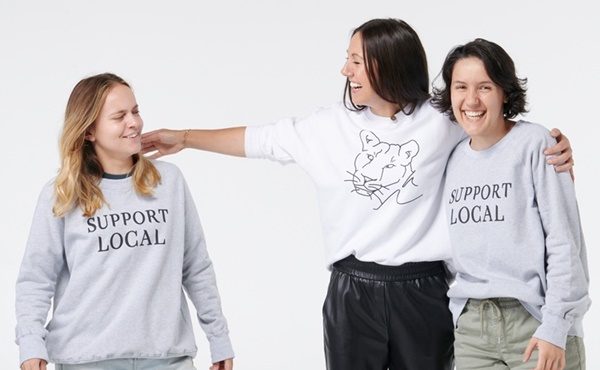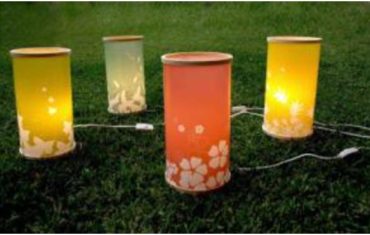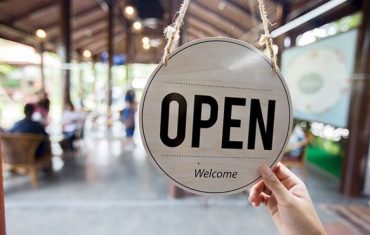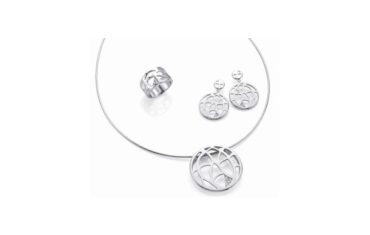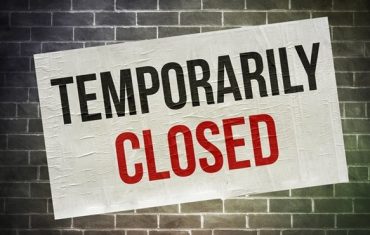While support local has been the focus of many campaigns, Kate Dillon found a wholly tangible way to give back to the local business community.
Dismayed by the number of local businesses on the brink of shutdown including her own luxury handbag business, She Lion, the former corporate lawyer turned founder and CEO embarked on her own mission to help out struggling companies.
“We were in the middle of a two-week lockdown in March that turned into almost six months,” she remembers.
“The collective mood across Melbourne was pretty depressing. The inspiration actually came about after I posted an image of myself in an empowering slogan tee. I received so many positive comments and recognised I could create something to support Melbourne makers and offer a pick-me-up to my own customers.”
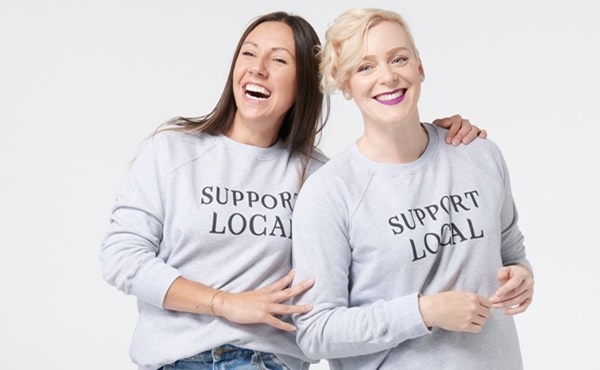
The concept is an end to end Australian supply chain for a new range of loungewear made from natural fibres, with as many processes as possible completed in Melbourne.
Dillon decided on sweatshirts featuring the slogans ‘Support Local’ and ‘Actually, I can’, and put out a cold call to Melbourne family-run clothing manufacturer CGT Australia.
“The director, Phillip Skorsis, spent hours guiding me through the process, sharing industry knowledge and completely opening his book of local contacts. I was floored by the generosity and thrilled with the response.”
Indeed, Skorsis was more than happy to help Dillon at She Lion as he was facing the same struggles like many other businesses due to the pandemic.
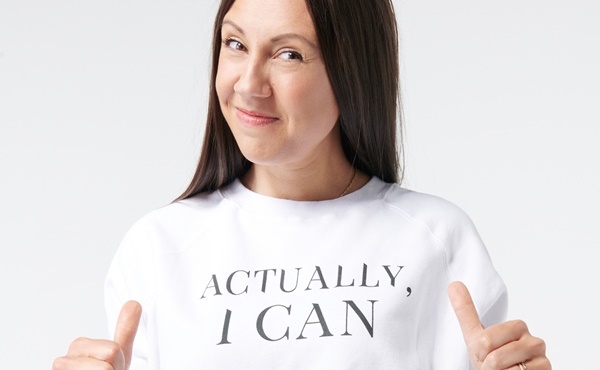
“In March 2020 we had to consider how to continue operating through the pandemic,” he says.
“I jumped at the opportunity to help Kate at She Lion to create these sweatshirts because ‘support local’ is more than just a slogan and as a family-owned and run business, it’s personal.”
A total of 22 local businesses ranging from a Melbourne knitting mill through to a Melbourne distribution centre eventually came together to bring the 100 per cent local project to life including Richmond Industrial Laundry.
“We want to invest a million dollars into new equipment so we can continue to become more high-tech and environmentally friendly, but we can’t do so if processes keep getting shifted offshore,” says Richmond Industrial Laundry’s Sam Veskoukis.
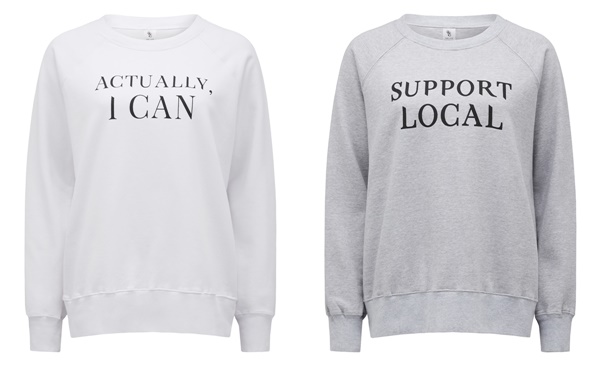
“A project like this gives us hope for the future of the industry.”
Though the concept for the project came about in June 2020, it has taken nearly 12 months to come to fruition. The many lockdowns the Melbourne community faced in 2020 (and now in 2021) saw drastic changes to the way many people work. Most meetings to troubleshoot tricky pattern issues, fittings that would normally be in-person and sampling were often done remotely with items being shipped back and forth. Each manufacturer faced its own specific logistical and personnel challenges.
“It’s essential to the survival of Australian business that we shop in our own backyard and source products from home,” says Tanya Cahir from Melbourne distribution centre, Direct Mail Corporation.
“There are so many companies still manufacturing in Australia and it is important people know how to support them and where to find them.”
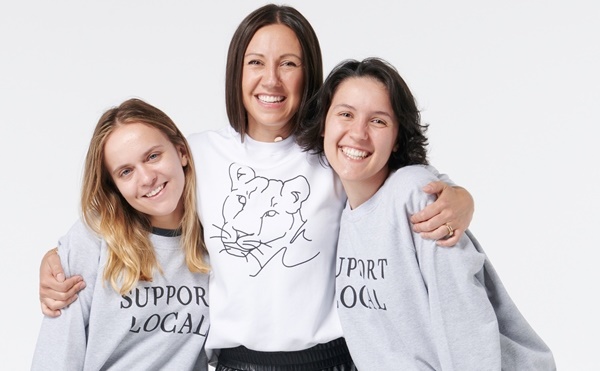
Most Australian consumers will have very little understanding of how many different businesses are involved in the supply chain of any garment. Even if an item is designed and constructed in Australia, it is very often milled, cut, dyed, graded and sampled offshore as labour costs can be far cheaper.
“To truly support local, each and every element in the manufacturing that could be kept in Australia was, even in the face of three different lockdown periods for Melbourne that brought production to a complete halt in September 2020,” adds Dillon.



